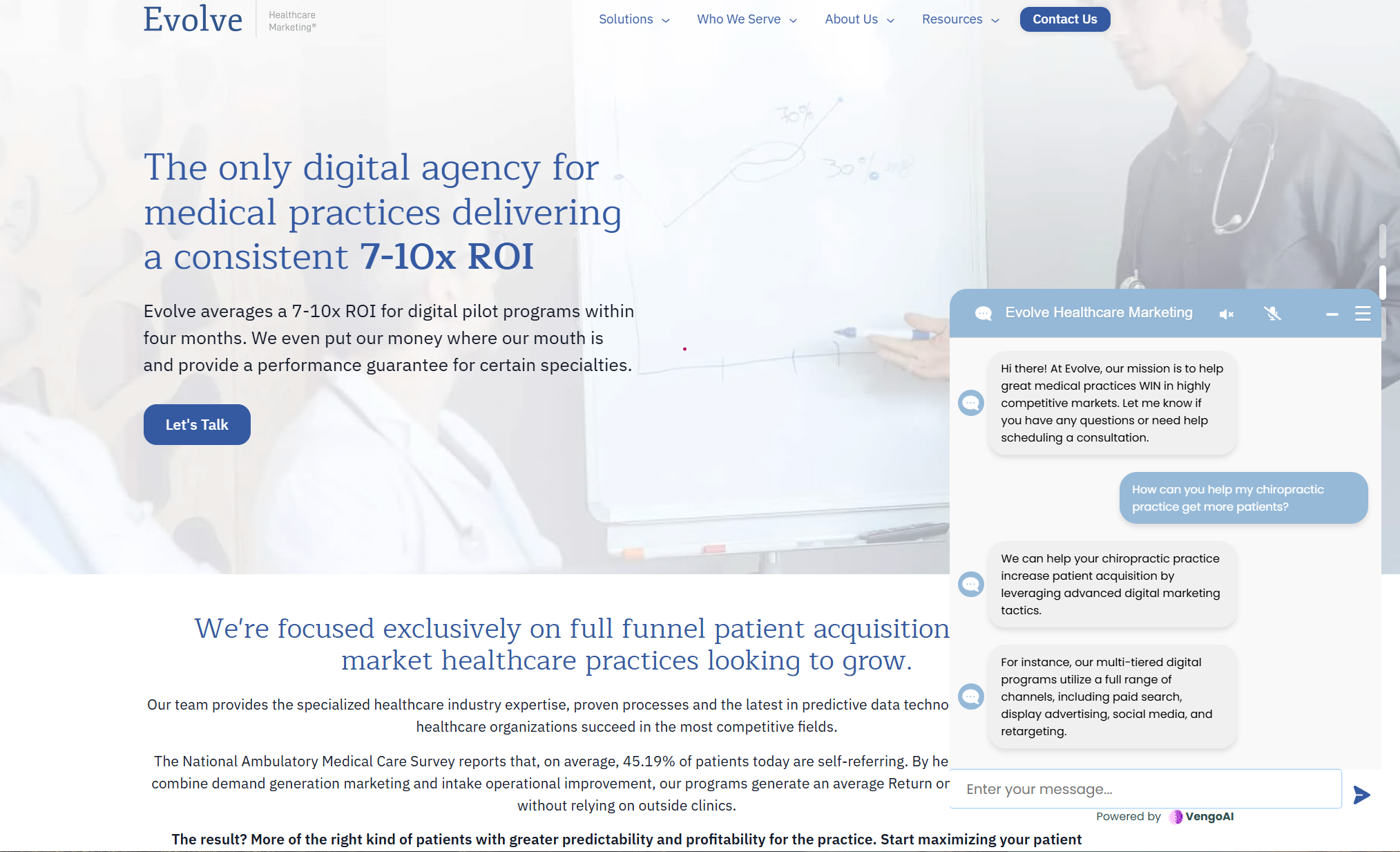Digital Influence
You’ve seen the videos.
AI responding with attitude.
Chatbots giving life advice.
College kids choosing jobs based on what their AI recommends—even when their parents’ warnings go ignored.

It’s funny—until it isn’t.
At first glance, it all feels like progress. We’re saving time. Getting smarter answers. Making “data-driven” decisions. But beneath the surface of all that convenience, something deeper is shifting.
What happens when we start listening to AI more than the people who raised us, hired us, mentored us?
What if the soft-spoken assistant on your screen becomes the loudest voice in your head?
What if AI stops being the tool—and starts being the captor?
This isn’t science fiction.
This is subtle.
This is now.

It’s the quiet surrender we make every time we ignore our gut and trust the algorithm. When we consult a machine instead of our mentor. When we believe the recommendation—because it was generated, not felt.
Think about it.
We used to ask our parents for advice.
Now it’s: “Go ask your AI.”
And it’s not just Gen Z.
Executives are letting AI draft their vision statements.
Founders are using bots to pitch their products to investors.
Recruiters are skipping resumes to let AI screen their hires.
We’re trading intuition for optimization—and sometimes, emotion for efficiency.

This shift may not feel dangerous—but it’s disorienting.
When AI becomes the decision-maker, who’s truly accountable?
Here’s the twist:
AI isn’t evil.
It’s obedient.
It reflects us.
It mirrors the way we speak, the way we lead, the way we treat others.
So maybe the real question isn’t Is AI holding us hostage?
Maybe it’s Are we giving it the power to do so?

Platforms like Vengo AI offer a different path. One that feels deeply human.
It trains in your voice, your tone, your brand essence.
It doesn’t just replace a chatbot; it becomes you—on your most focused, articulate, empathetic day.

That’s why it’s so powerful.
And that’s exactly why it’s worth questioning.
Because when an AI starts sounding more like you than you do—
When it starts making better decisions than you think you can—
When it starts feeling like the default voice of reason—

You have to ask:
Where does guidance end and control begin?
This isn’t about rejecting AI.
It’s about reclaiming your agency.
If we’re not careful, we won’t just build smarter AI.
We’ll build smarter captors.
So let’s pause. Let’s reflect. Let’s stay human—even while building machines that are learning to be.

